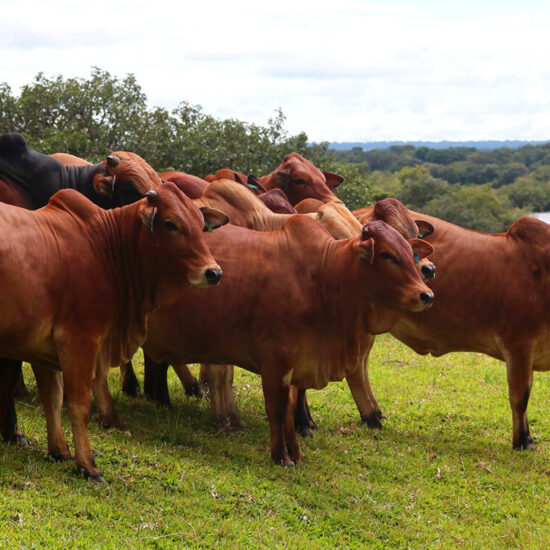
The Enterprise Zambia Challenge Fund-EZCF says it has provided €10.9 million (about K217 million) to the companies that it is working with which is 52% of the total financial support it will provide.
Enterprise Zambia Portfolio Manager Mwandizhya Daka said 15 companies have so far been contracted to work on the project and integrate 268,000 local farmers who are the majority of smallholder farmers into 10 different value chains as either customers or suppliers, noting that the 15 companies represent 38% of the 40 agribusinesses targeted, who will have an impact on 150,000 smallholder farmers.
Daka said 3,500 full time jobs have so far been created which is 41% of the total target of 8,500 jobs to be created. Speaking at a breakfast meeting held in Lusaka,Daka said the total value of the financial support that the European Union – EU will provide for the 5 year project is €26 million, noting that the project commenced in March 2020 and will end in 2025.
She said out of the €26 million, €20.8 million is dedicated to actual funding which will be given to the agribusinesses in different value chains across Zambia in all areas. She added that €6.2 million out of the €20.8 million will be directed towards aquaculture which has a lot of potential and €14.6 million will be directed towards agriculture as well as agroforestry and initiatives that support green economy.
Daka said EZCF’s main objective is to contribute to increased income and nutrition security for 150, 000 smallholder farmer households in rural Zambia. She said the Challenge Fund seeks improved integration of smallholder farmers and agribusiness actors into regional, national and international value chains with additional weighting on gender focused opportunities and nutritionally sensitive (regional/national) value chains.
She told the Zambian Business Times – ZBT that the project which is being implemented by Self Help Africa with technical support from Imani Development Ltd is funded by the European Union which also provides operational advice as well as strategic support adding that the European Investment Bank offers complementary finance
via local banks.
She added that the Zambian government also provides strategic support and chairs the steering committee. She noted that the rationale for working with SMEs to support smallholder farmers is in order to achieve sustainable impact, improve the scale of impact, and take advantage of embedded support among market actors as well as to boost industry competitiveness.
Speaking at the same event Enterprise Zambia Senior Portfolio Manager Alex Mugova said the Challenge Fund’s ambition is to provide funding and technical assistance to businesses in order to enable them to implement innovative and sustainable business models integrating SHFs and focusing on initiatives that help businesses to align with the EU Green Deal and promote a green economy, initiatives that help businesses to adapt to the challenges and opportunities presented by COVID-19 and by promoting competition, risk taking and innovation, EZCF will contribute to systematic (large-scale and lasting) market change.
He said initiatives aligned with EU Green Deal strategies to support a green economy include EU Farm to Fork strategy which aims to accelerate the transition to a sustainable food system by neutral or positive environmental impact, mitigate climate change and adapt to its impacts, reverse the loss of biodiversity, ensure food security, nutrition and public health which equals to everyone having access to sufficient, safe, nutritious, sustainable food, preserve affordability of food while generating fairer
economic returns and fostering competitiveness in supply and promoting fair trade.
Mugova said it also includes the EU Biodiversity strategy to preserve and restore ecosystems and biodiversity through organic farming which provides healthy food, halting and reversing the decline of pollinators which yields grains and planting trees and promoting agroforestry as well as reducing use and risk of pesticides.
He added that it also includes the EU Circular Economy Action Plan which is to move from a linear to a circular economy through turning waste into new products eg bio gas, using re-usable and recyclable packaging materials, minimizing food waste and using waste water from aquaculture for irrigation.
The Enterprise Senior Portfolio Manager noted that present methods of production and consumption degrade and deplete many of the world’s environmental resources therefore; there is need for new approaches that promote inclusive and environmentally sustainable development. He noted that there is need for transformation towards enviromental sustainability and increased resource efficiency, strengthened resilience to environmental pressures and risks and smarter use of green technologies.







